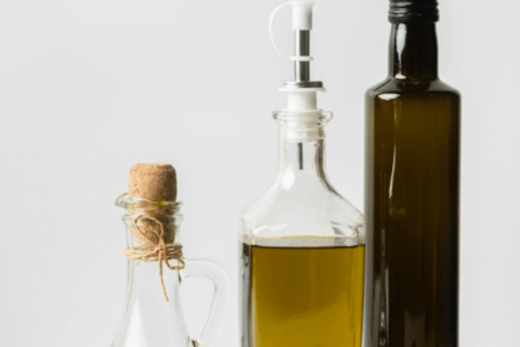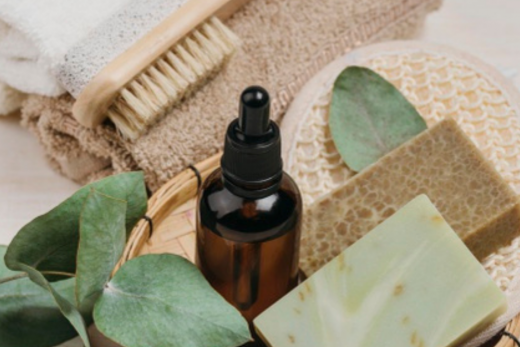There is no disputing the fact that good skin comes from within. Anecdotally, we can all remember a time during which we’ve eaten and drunk poorly for a few days – the festive season is but one example – with the effects manifesting on our faces in the form of dullness, dehydration and blemishes. And, while consuming a balanced and nutritious diet is essential, sometimes it can be helpful to support what you eat with a skin supplement.
Skincare is a far more complex and holistic practice than simply the application of topical formulas. Our emotions, lifestyle and diet all play an intrinsic role in our skin health. If you’re not eating or sleeping well, or are suffering from stress or anxiety, chances are it will show in your skin. It’s all part of the gut-skin connection. What we ingest reaches our gut, and from there all manner of bodily processes are affected.
Both the gut and the skin are densely vascularised [filled with blood vessels] and richly innervated [with nerves], with an intimate, bidirectional connection between the two microbiomes. By nourishing the gut with targeted actives, one is able to directly influence the skin. Good skin needs ingredients delivered through the blood supply in order to produce collagen, fight off free radicals and stay at optimum health. That’s where clever skin supplements come in.
But which nutrients and vitamins do we need to boost our skin health? Preston explains that vitamins like A, C and E all play a vital role in good skin health, while others include vitamin B (including B3, which is niacinamide, that is both anti-inflammatory and an excellent antioxidant), and zinc. There are also certain nutrients like essential fatty acids that our bodies cannot synthesise yet are crucial to our bodily health. It’s therefore important we supplement.





